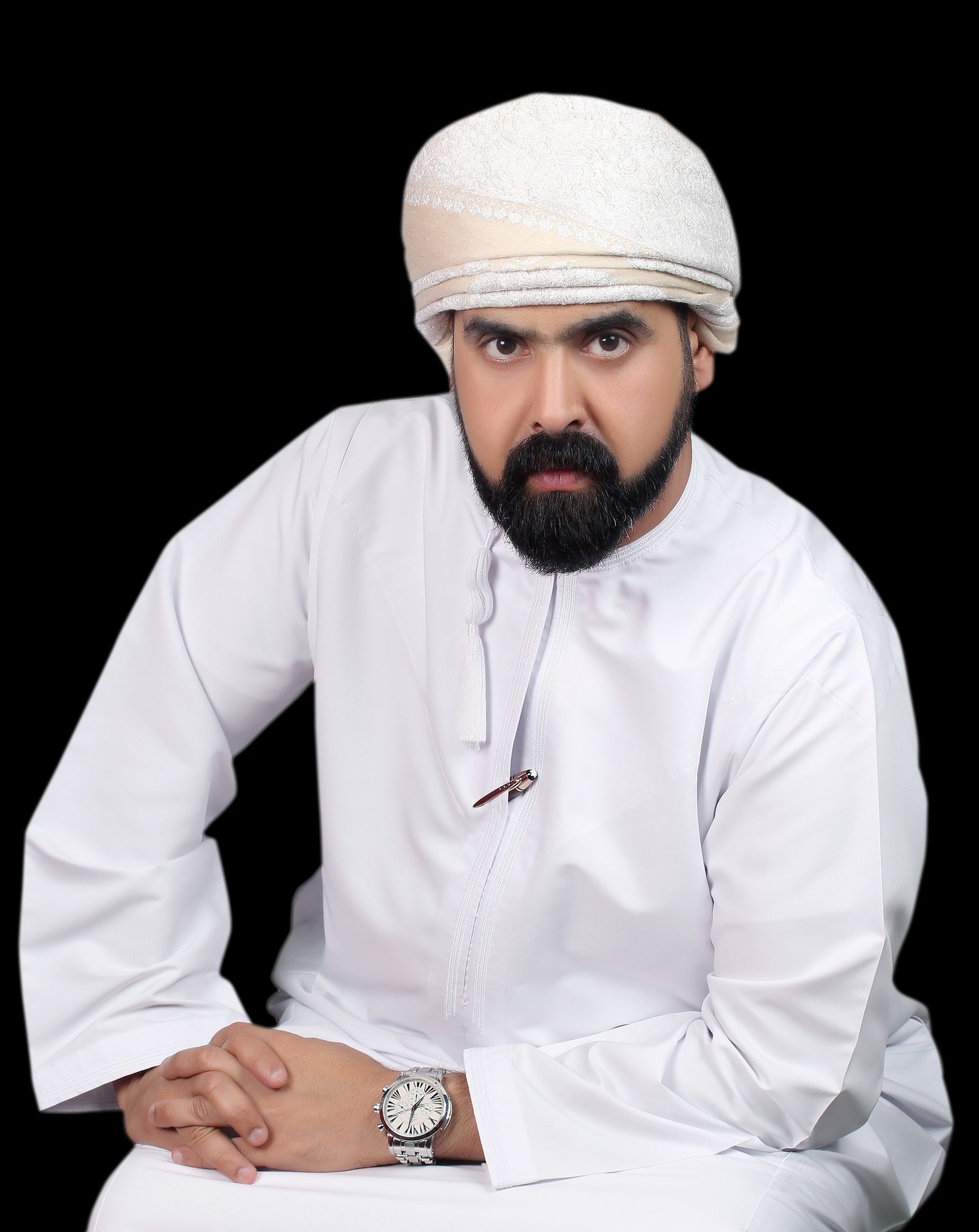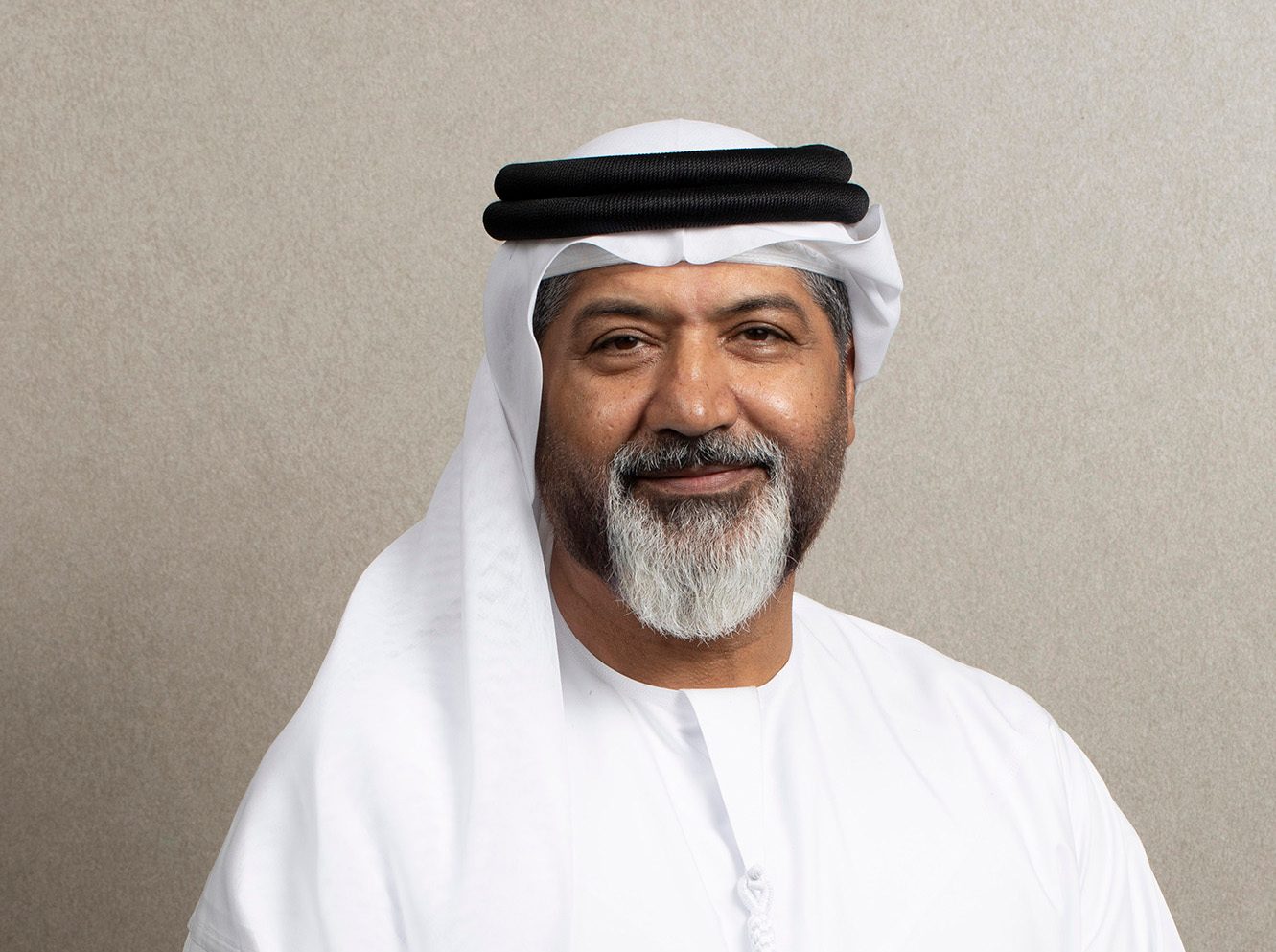
LOCAL DELIVERY IS IN THE PETROFAC DNA. WHEREVER THE COMPANY OPERATES, IT AIMS TO SUPPORT LOCAL SUPPLIERS, EMPLOY LOCAL PEOPLE, NURTURE LOCAL TALENT, AND STIMULATE LOCAL ECONOMIES. AS WELL AS BEING THE RIGHT THING TO DO, IT’S A SOURCE OF COMPETITIVE ADVANTAGE. WE TAKE A LOOK AT SOME RECENT NUMBERS THAT SHOW THE APPROACH IN ACTION – AND WHY IT MATTERS
COUNTING ON LOCAL DELIVERY
HOW WE WORK
WORDS PETER HALLIDAY
PUBLISHED JUNE 2022
A WIN-WIN SCENARIO, FOR PETROFAC AND ITS SUPPLIERS
One of the important Petrofac KPIs (key performance indicators) is in-country spend. In 2021, the proportion of locally-sourced goods and services hit 54% - up from 41% two years previously.
It makes sound business sense: with less reliance on long, international supply chains, risk is reduced; with fewer freight miles, the carbon footprint is lower; and, often, complexities can be avoided and costs cut.
A great example comes from the Ghazeer project in Oman. For Phase 1, the glycol package was produced overseas, and arrived in several pieces for onsite fabrication. For Phase 2, an almost identical 180 tonne unit was produced locally, by STS Group, which arrived onsite in one piece – meaning time could be saved, quality assured, and safety risks reduced.
STS had not previously delivered such a challenging project. So, Petrofac provided plenty of support and guidance along the way. And, going forward, Petrofac knows it can rely on more local capability, while STS has a truly world-class project to add to its portfolio.
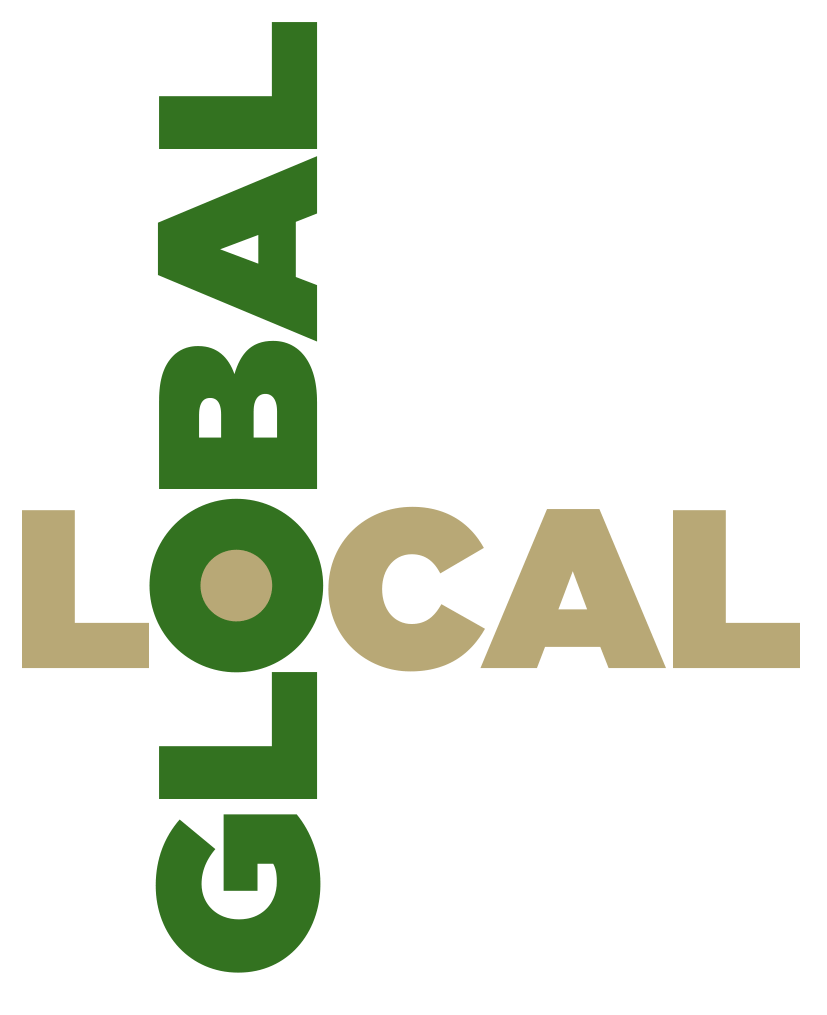
54%
Across the world, 54% of Petrofac’s spending goes to local suppliers
AN EXTRA EDGE, THAT NO COMPETITOR CAN MATCH
To win the world’s most challenging contracts, Petrofac needs an extra edge – something no other competitor can match.
Often, it’s local delivery that sets us apart, as demonstrated by a major new decommissioning contract from the Australian Government. Petrofac’s Australia team based in Perth will manage the decommissioning of the Northern Endeavour FPSO. And the contract award, has the potential to be up to AUD$325 million (US$236 million).
The project sees Petrofac combine its global decommissioning credentials, integrated approach, and local supply chain relationships. As Nick Shorten, Chief Operating Officer for Asset Solutions, says: “A critical element will be upskilling the local workforce to meet the challenges of billions of dollars of decommissioning work in Australia now and in the future.”
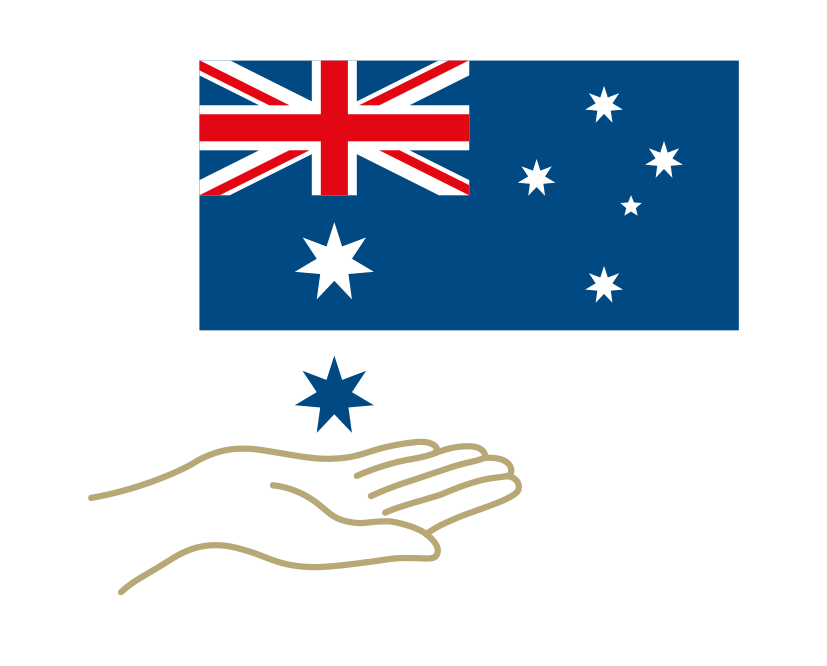
AUD$325m
A major new AUD$325m decommissioning project, awarded by the Australian government, typifies the Petrofac approach to local delivery
HOMEGROWN TALENT, DELIVERING SECTOR-DEFINING PROJECTS
In a country like the UAE, it can be a challenge to nurture local homegrown talent.
The fact is, Emirati nationals make up just 10% of the population, and occupy just 1% of private sector jobs. So, good Emirati graduates tend to be in short supply. And, to encourage them to join Petrofac, we need to deliver a truly compelling recruitment story.
One of the ways to do this is to excite people about the opportunity to work on sector-defining projects. Consider, for example, the way Petrofac is helping to establish the UAE as a global hub for new energy projects. We chose to fabricate two new energy projects at the Dubai Dry Docks and Eversendai facilities. And we assigned 23 Emirati graduate engineers to their delivery.

23
In the UAE, 23 Emirati graduates assigned to the delivery of our offshore wind projects
TURNING LOCAL BUSINESSES INTO WORLD-BEATERS
Often, Petrofac has helped turn modestly sized local businesses into significant international enterprises.
By continuously identifying more suppliers, supporting more capability, and growing more capacity, we bring more choice to the entire Petrofac group. And, whenever we identify a capable and ambitious vendor, we routinely spread the word, giving them the opportunity to tender for international projects.
For projects in Libya, for example, contracts for US$650,000 worth of electrical systems were placed with Omani vendors who had been identified and supported by our Omani supplier development programmes.
US$650K
Omani vendors are exporting US$650,000 worth of electrical systems to Petrofac projects in Libya
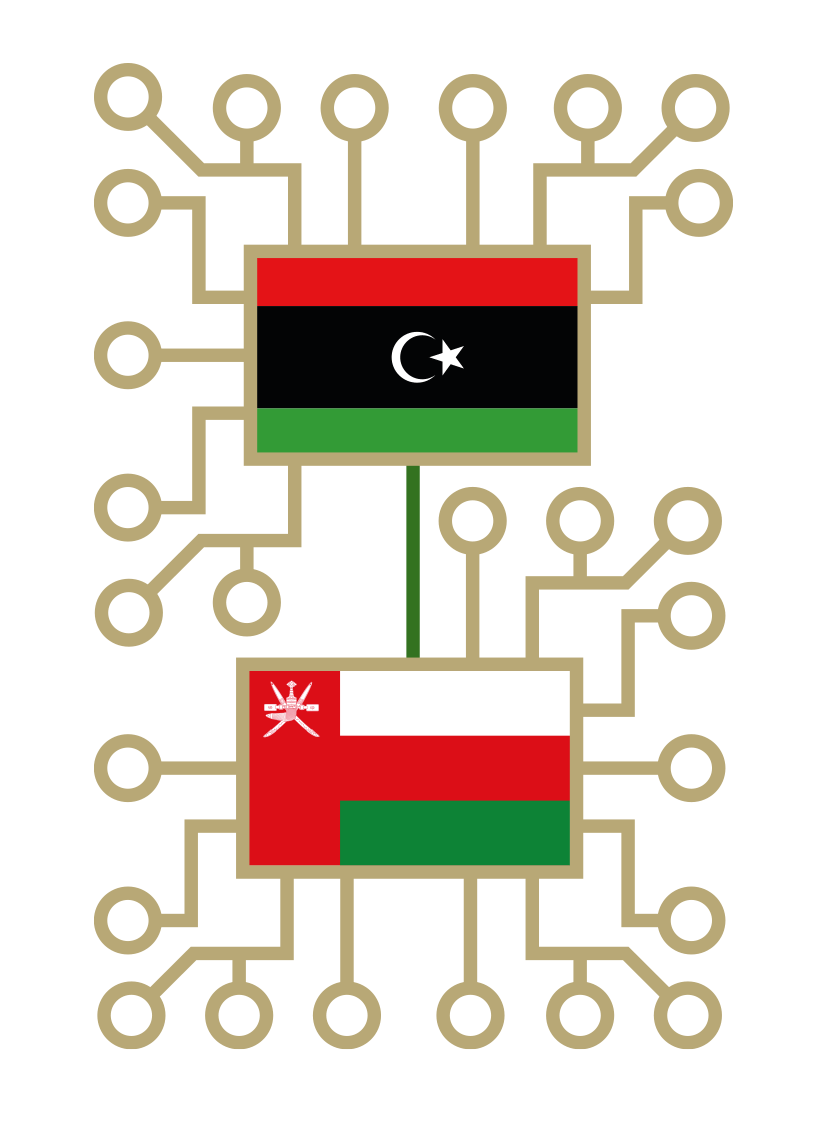
SMASHING OUR ICV TARGETS
For most projects in most territories, we work with clients to set demanding in-country value (ICV) targets, and review them regularly.
At the Ghazeer Phase 2 project in Oman, for example, we committed to a target of US$275 million, equating to around a third of the total project value, made up of a combination of elements like the procurement of made-in-Oman goods and services, the use of local vendors, and the employment and training of Omani nationals. By the time we handed over the new facility, the true ICV had exceeded US$311 million – around 13% more than originally anticipated.
Meanwhile, in Iraq, the contractual requirement for the bp General Construction Management Services contract in Rumaila was for 7% of the workforce to be local nationals. In fact, some 50% of workers were Iraqi and, on some assignments, the proportion rises to 70%.

13%
For the Ghazeer project in Oman, we exceeded our in-country value target by 13%
FROM LITTLE ACORNS, MIGHTY OAKS GROW
For our supplier support teams, one of the most rewarding things about nurturing local businesses is seeing them grow and grow.
When embarking on a major project, we will generally run local supplier roadshows, to gain an understanding of their respective credentials. And, when we identify a vendor with the appetite for growth, we offer practical support.
In Oman, for example, we advised Dhofar Structures and Iron Industries, a Salalah-based steel fabricator, on the best equipment to invest in, helped it to embed a strong safety culture, and introduced it to potential customers across Oman. Since we first started working together, the company has increased its manufacturing capacity three-fold.
x3
One of our key suppliers in Oman has increased its manufacturing capability three-fold

OVERCOMING A CRIPPLING SKILLS SHORTAGE
In many countries, one of the biggest challenges faced by clients is a critical skills shortage – which we try to solve through our in-country training facilities.
In Algeria, for example, we designed, built and operate the Hassi Messaoud Construction Skills Training Centre, which has the capacity to deliver skills-based training to 400 delegates annually – and a five-year development plan is now set to deliver additional modules, third-party certification, and management training for supervisors. The first of our latest cohort of 80 trainees will graduate in August 2022.
In Oman, meanwhile, we jointly operate the Takatuf Petrofac Oman (TPO) technical training centre. With the capacity for 320 delegates annually, this is helping accelerate the development of young Omanis – and provide the Sultanate’s energy industries with a steady supply of well-qualified, job-ready, skilled graduates.

400
Our Algerian training centre has capacity for 400 delegates a year
CHANGING THE LIFE CHANCES OF DISADVANTAGED PEOPLE
Across Petrofac, we run charitable and social investment programmes – which helps to maximise the benefits we bring to local communities.
In India, for example, we support several charities which provide training and employability skills for disadvantaged people, with a focus on young women.
From our Chennai operations centre, we financed the installation of a new hall at the Sri Ramakrishna Math school for underprivileged girls, extended our sponsorship of the Women’s Organisation for Rural Development, and supported several projects run by Sevalaya, a local charity which provides skills and employability education in rural communities.
From Mumbai, we supported a commis chef training programme for young women from disadvantaged communities, and successfully placed 61 of them in full-time jobs. Also, our employees supported the Wavaloli Ashram school, contributing to educational resources and tuition fees.

